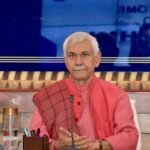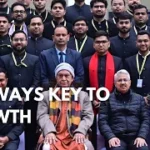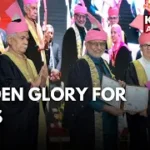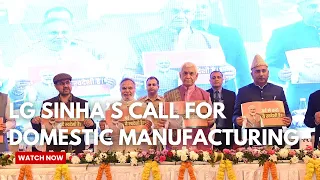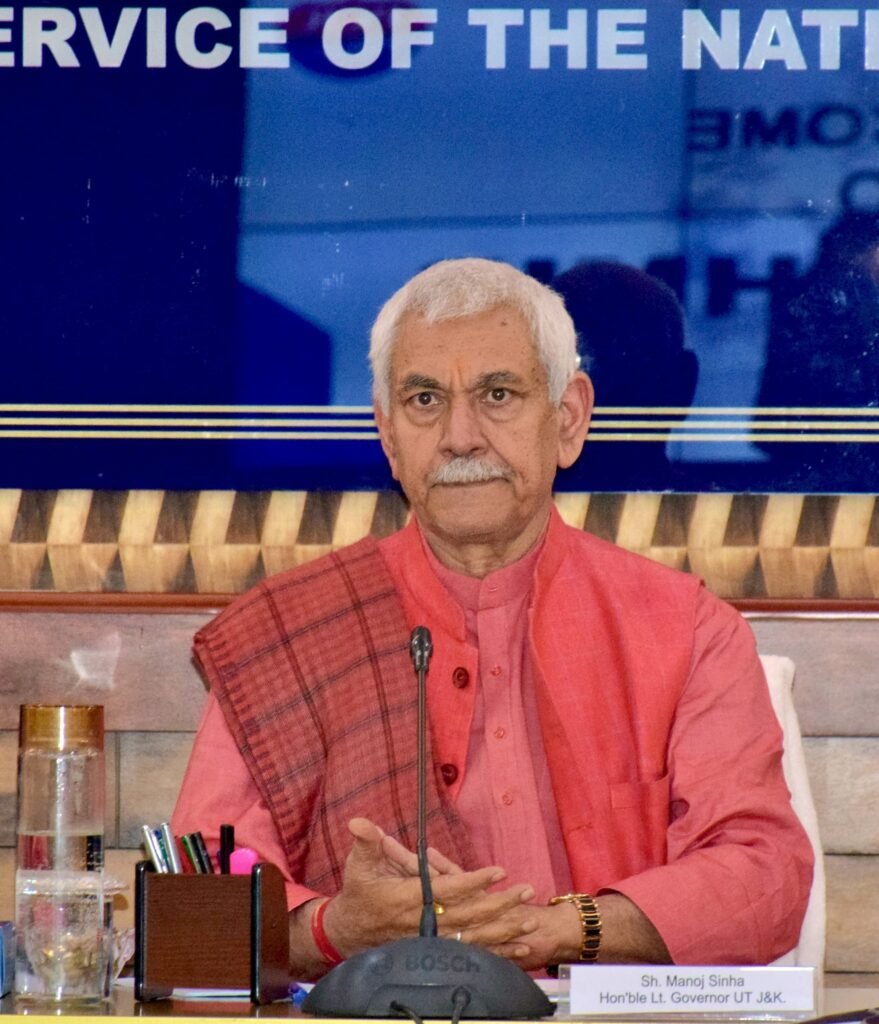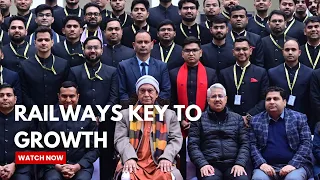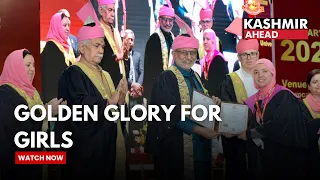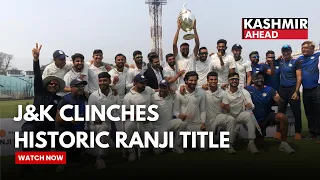In a bold statement that emphasised the Indian government’s unwavering position, Prime Minister Shri Narendra Modi declared that “no power in the world can restore Article 370 in Jammu and Kashmir.” This remark, made several years after the decision to revoke the region’s special status, underscored the government’s commitment to its 2019 move, which marked a significant shift in the political landscape of Jammu and Kashmir. The abrogation of Article 370 had granted Jammu and Kashmir a unique autonomy under the Indian Constitution, but over the years, it became a source of political friction and instability. The decision to strip away this special status in August 2019 was met with both praise and criticism, sparking debates about national integration, constitutional rights, and regional security. Article 370 had been part of India’s Constitution since the state of Jammu and Kashmir acceded to India in 1947, granting it the authority to operate under its own laws and constitution. This arrangement was seen by some as an acknowledgment of the region’s unique historical and cultural status, but others argued that it created divisions and hindered the integration of Jammu and Kashmir with the rest of India. Critics contended that the special status had been used as a tool by political elites to perpetuate a sense of separatism, and that it impeded the region’s economic growth and development. The move to abrogate Article 370 and bifurcate Jammu and Kashmir into two Union Territories—Jammu and Kashmir, and Ladakh—was a pivotal moment for the government. It was hailed by supporters as a necessary step toward the full integration of the region into India’s national framework, promoting unity, equality, and development. On the other hand, critics, including regional political parties and separatist groups, condemned the decision as unconstitutional, viewing it as an infringement on the rights of the people of Jammu and Kashmir. International voices, particularly from neighbouring Pakistan and other global actors, also decried the move, calling it a violation of the region’s autonomy. In this context, Modi’s statement that “no power in the world can restore Article 370” reflects a resolute stance against any effort to reverse the decision. It is a reminder that the Indian government considers the matter settled and sees it as integral to the vision of a fully integrated India. For Modi and his government, the removal of Article 370 is not just a political or legal maneuver but a part of a broader effort to strengthen the nation’s unity and to eliminate what they perceive as outdated and divisive provisions. In his view, the abrogation of Article 370 was necessary to ensure that Jammu and Kashmir could move beyond its legacy of special status and become an active participant in the progress and development of India as a whole. By taking this action, the government argued, Jammu and Kashmir would no longer be treated as an exception but would be subject to the same laws and opportunities as the rest of the country. It is a vision of inclusivity and national cohesion, where every part of India enjoys the same rights, responsibilities, and benefits. Prime Minister Modi’s statement, therefore, is both a declaration of the finality of the decision and a reaffirmation of the government’s commitment to its agenda of national integration. It signals to the people of Jammu and Kashmir and to the world that the political landscape has irrevocably changed, and that any attempts to challenge or reverse the abrogation will not be entertained. For Modi, the matter is settled, and no external or internal force will be allowed to undermine this pivotal move in India’s political and constitutional evolution.


